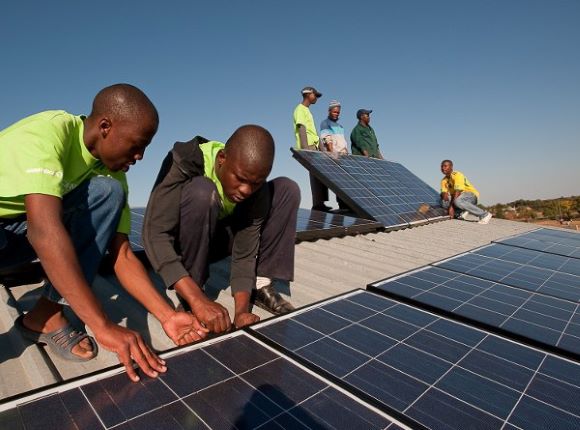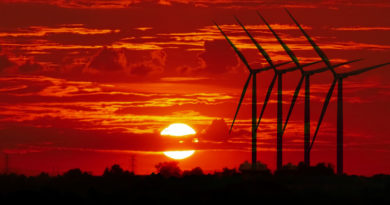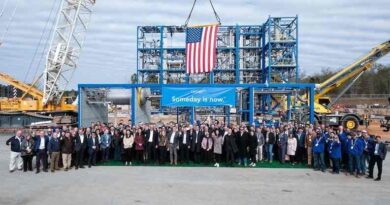Africa Updates: WB Takes Steps for RE in Botswana and West Africa
 Addressing power poverty
Addressing power poverty
World Bank and Botswana join hands for RE Strategy
The Southern African country, Botswana has partnered with the World Bank to develop a renewable energy strategy that would allow the country to be more independent on energy supplies. For years, Botswana has been relying on neighbouring countries like South Africa, Mozambique and Namibia for electricity.
Botswana president Mokgweetsi Masisi said the partnership with the World Bank would bring much needed changes that would grow the economy and create the much-needed jobs.
“Botswana has partnered with the World Bank to develop a renewable energy strategy, whose objective is to unlock the country’s solar energy potential,” the president said. Botswana has more than 1800kWh of direct normal irradiance (DNI), which exceeds the threshold for the economic viability of solar technologies like concentrated solar power (CSP) technology.
Botswana has approximately 220,016 km2 of available land to support solar plants, which represents approximately 38% of the total land area.
The President said his government will invest heavily in the renewable energy sector to position Botswana as a global player in the drive toward clean energy.
“With this in mind, we are also looking at meeting our climate change protocols,” said Masisi.
WB approves funds for West African off-grid project
The board of the World Bank Group has approved a series of funding for the Regional Off-Grid Electrification Project (ROGEP) for selected countries in West Africa and the Sahel region.
The funds include $150 million in the form of credit and grant from the International Development Association and $74.7 million contingent recovery grant from the Clean Technology Fund in a bid to assist the West African Development Bank and ECOWAS’ Center for Renewable Energy and Energy Efficiency expand off-grid access to electricity for countries including Benin, Burkina Faso, Cabo Verde, Cameroon, Central African Republic, Chad, Cote d’Ivoire, The Gambia, Ghana, Guinea, Guinea-Bissau, Liberia, Mali, Mauritania, Niger, Nigeria, Senegal, Sierra Leone and Togo.
The project is expected to benefit about 1.7 million people currently living without electricity connection or with unreliable supply. “So far, only 3% of households in West Africa and the Sahel are served by stand-alone solar home systems, and 208 million people in the sub-region do not have access to electricity”, noted Rachid Benmessaoud, coordinating director for regional integration in West Africa.
Although stand-alone solar systems have large market potential in West Africa and the Sahel, investments in off-grid renewable energy have lagged behind in the sub-region, the World Bank noted. Hence the new project aims to maximize finance for development by crowding in private investments to deploy innovative technologies.




